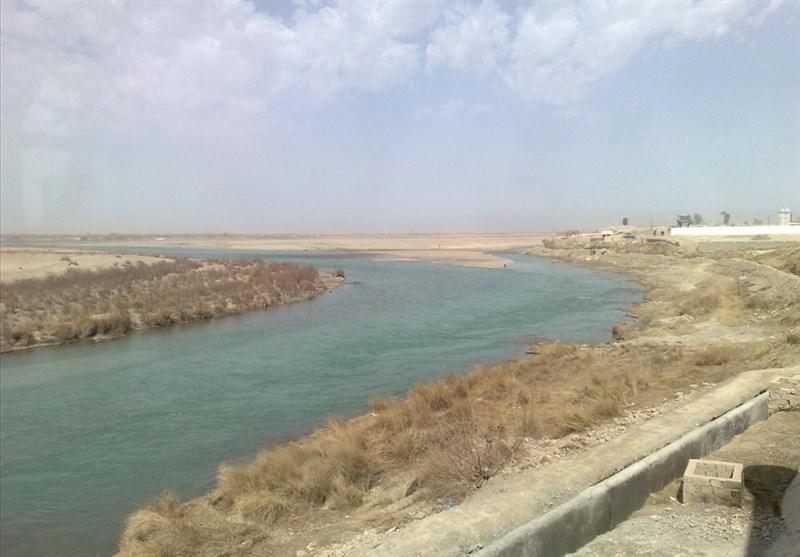In an interview with the website of the Strategic Council on Foreign Relations, Mohsen Roohi Sefat emphasized: Considering the existing conditions and the approach that the Taliban has consistently shown, the issue of verification should be carefully pursued. Although they have responded positively to the dialogue, they avoid presenting Iran’s water rights for various reasons.
Saying that the position of the Taliban in this regard will be in their favor among the people of Afghanistan, he added: The Taliban now claims that the water measuring devices, which according to the 1972 agreement, should be monitored to determine the amount of water available, have been destroyed in the civil wars and its place is not visible, and in general they make excuses like this. Even a delegation from the Ministry of Energy went to Kabul last year. Although the negotiation process was positive, they were not allowed to visit the Kajaki dam and measure the amount of water.
The international affairs analyst emphasized that to solve this problem, we should discuss it, and it should not be fueled through the media, and said: We should have a centralized and complex policy regarding Afghanistan. The fundamental and principled solution is to rely on ourselves in the field of water. In this case, it is possible to move from a strong position by using the various leverages at our disposal so that the Taliban are required to fulfill their obligations in various fields.
Saying that self-reliance in this field should be a central policy and steps should be taken in a revolutionary way, he added: Before, plans and estimates have been designed under the title of “revitalization of Sistan and Baluchistan.” Its plan was formulated at the Ministry of Foreign Affairs a few years ago, and its legal aspects were clarified. The government approved it, which was also communicated to the Ministry of Energy but was not implemented. One of its clauses is the use of water from the Sea of Oman by using desalinated water and providing drinking water to the region’s people.
While explaining the dimensions of this plan for Sistan and Baluchistan and stressing the necessity of its implementation, the expert on international affairs said: Considering the approach of the summer season and increasing water problems in that region, the water crisis situation should be announced in the province, and all organizations should take measure to fix it.
Emphasizing that about 824 cubic meters per day of Iran’s water right from Hirmand is one-third or one-fourth of the water needed by Sistan and Baluchistan, and if this amount of water is provided, there is still a water shortage, he continued: The development model of Sistan and Baluchistan Province should be special and based on the lack of water in the region, and it cannot be considered as a development model like the model for the water-rich provinces.
He pointed out that we have authority when we rely on ourselves in this regard. Our technological and economic power, through which we can develop our province without Hirmand water and prevent the water problems for our people, means power; it is in this situation that we can deal with the Taliban from a position of authority so that they do not think that we are in need and we are begging them for water. It is in this situation that the negotiation with the Taliban gives results.
While explaining the legal aspects of the 1972 Iran-Afghanistan agreement, the former diplomat said Iran should pursue this issue technically and legally with the Taliban.
Roohi Sefat stated that Iran has a solid agreement regarding Hirmand water sharing to the extent that even the Taliban have not denied it, and explained: What is in dispute is the interpretation of some of its contents, including whether this year was a wet year or a drought. They claim it is drought, and we have observed that there is water.
The contract states if the dispute between the parties was on the issue of the wet year and drought, what steps should be taken
The two parties should discuss this matter, and if they do not reach a conclusion, the contract still states how they should proceed. Therefore, the issue should be pursued seriously according to the agreement’s provisions.










0 Comments